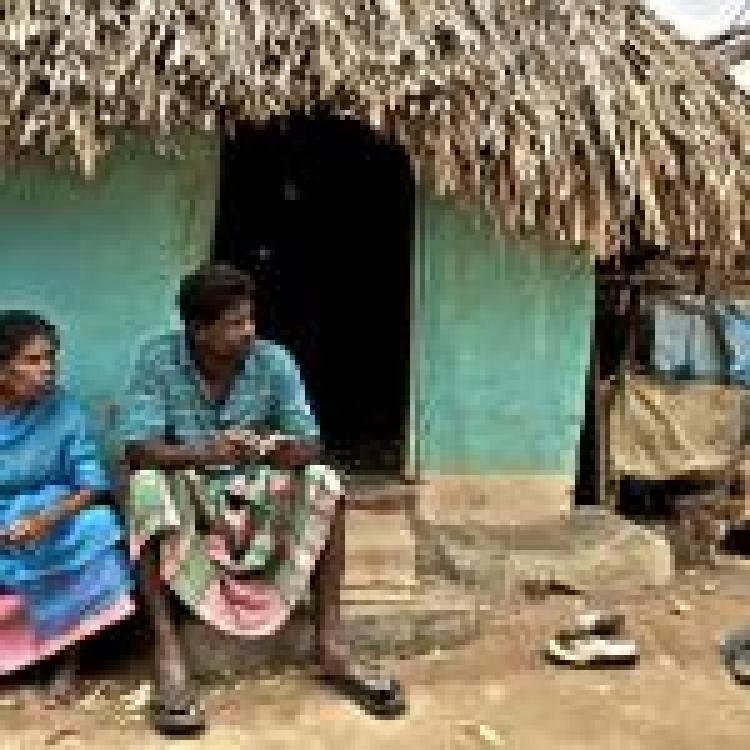.jpg)
File photograph: Security officials in Mannar last month as they arrest a 33-year-old man and his 8-year-old daughter who arrived from India.
The Sri Lankan navy has stepped up surveillance across the Northern coast, in response to what authorities have termed the “illegal entry” of Eelam Tamil refugees from India.
P Charles, Governor of the Northern Province, told The Hindu that “we have received information that some of the refugees are trying to leave India because of the coronavirus situation there”.
“They might just hop on to fishing boats and enter Sri Lanka illegally,” she added.
The Sri Lankan government has increased naval presence and coastal policing along the predominantly Tamil region. The step-up comes after Sri Lankan prime minister and alleged war criminal Mahinda Rajapaksa claimed that “the number of those entering illegally is increasing”, and that he is apparently in conversation alongside the president and another accused war criminal Gotabaya Rajapaksa, with the Indian government.
The increase comes despite there having been only a single case of a father-daughter duo, residents of the Pooluvapatti Sri Lankan Refugees’ Camp in Coimbatore, who arrived in Mannar from Tamil Nadu by boat early in June. Sri Lankan police took them into custody on arrival and also arrested six other Tamil who they allege “helped them” enter the island.
The security step up also comes despite Tamil Nadu Coastal Security officials stating that Eelam Tamil refugees in Tamil Nadu are free to obtain the necessary certificates to facilitate their return if they so wish, hence, the need and desire to enter illegally does not exist. The officer also told The Hindu that areas where Eelam refugees were situated remained scarce with cases of coronavirus and physical distancing is a key component of their material living conditions.
The Sri Lankan government’s recent comments regarding “illegal entry” adds to the growing militarisation of the North East, which has already seen checkpoints erected, dozens arrested, police brutality and a Tamil man shot dead by the military in recent months.
At present, nearly 100,000 Eelam Tamils remain in India as refugees from the masses who fled during the armed conflict. They are a community that has faced continual stigmatisation despite some having lived in India for nearly 30 years and even having been born there. They have also been systemically marginalised by India’s discriminatory Citizenship Amendment Act which puts their chances of Indian citizenship at risk.

